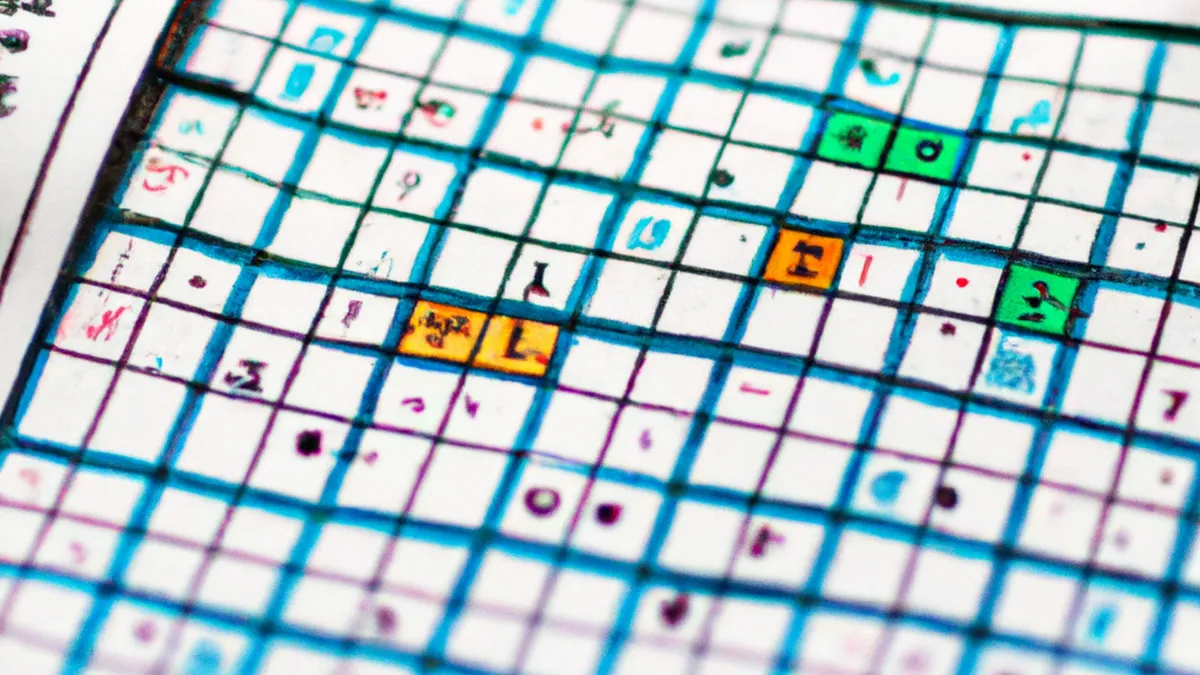Sharp Minds: Crosswords and Sudoku
Cognitive Exercises for Older Adults: Keeping the Mind SharpAs we age, we must maintain cognitive health. Engaging in cognitive exercises helps older adults enhance memory, focus, and overall brain function. Seniors can keep their minds sharp by incorporating various activities into daily routines. This article explores cognitive exercise types, daily routines, benefits, and practical tips.
Types of Cognitive Exercises
Puzzles and Games
Puzzles and games serve as excellent cognitive exercises. They stimulate brain activity and encourage problem-solving skills. Popular options include crossword puzzles, Sudoku, jigsaw puzzles, and logic games. These activities engage the mind and provide a sense of accomplishment. For instance, completing a crossword puzzle requires recalling vocabulary and spelling, reinforcing memory. Setting aside time each week for puzzles creates a fun routine and healthy challenge. Board games and card games also offer benefits. Games like chess, bridge, and simple card games require strategic thinking and planning, sharpening cognitive functions. Moreover, these games often involve social interaction, enhancing their benefits.
Memory Training
Memory training exercises significantly enhance recall abilities. Memorizing a short poem, a list of items, or a phone number proves beneficial. Start with a few items and gradually increase the difficulty. Techniques like visualization or associating items with familiar images aid memory retention. Additionally, seniors can use memory apps like Elevate or Peak for variety. These apps include fun challenges and can be completed anytime.
Learning a New Skill
Learning something new rewards and stimulates the brain. Consider picking up a new hobby, such as painting, knitting, gardening, or playing a musical instrument. These activities stimulate different brain parts and require concentration and coordination. They also provide opportunities for social interaction, enhancing cognitive health. For instance, joining a pottery class or music group teaches new skills and fosters community connections.
Reading and Writing
Reading books, articles, or listening to audiobooks enhances cognitive function. Engaging with stories stimulates imagination and comprehension skills. Writing, whether journaling, creative writing, or letter writing, exercises the brain. It encourages self-expression and improves vocabulary and memory. Joining a writing group or book club combines reading with social interaction.
Daily Cognitive Routines
As an Amazon Associate I earn from qualifying purchases.
Gear tip: consider meditation cushion, breathing trainer, and mindfulness journal to support this topic.
Establish a Routine
Creating a daily routine helps maintain cognitive health. Set aside specific times for cognitive exercises. For example, allocate 30 minutes daily for puzzles, reading, or hobbies. This consistency builds mental endurance and improves focus over time. Routines also reduce anxiety, providing structure and purpose.
Stay Socially Active
Social interaction plays a critical role in cognitive health. Engage with friends, family, or community groups regularly.
Conclusion
In summary, cognitive exercises significantly improve cognitive health for older adults. Incorporate puzzles, memory training, new skills, reading, and social interactions into daily routines.
Below are related products based on this post:
FAQ
What are some effective cognitive exercises for older adults?
Effective cognitive exercises include puzzles and games, memory training, learning new skills, and reading and writing. Activities like crossword puzzles, Sudoku, and board games enhance memory and problem-solving skills. Additionally, engaging in hobbies such as painting or gardening stimulates different parts of the brain.
How can older adults establish a daily routine for cognitive health?
Older adults can create a daily routine by setting aside specific times for cognitive exercises, such as 30 minutes for puzzles, reading, or hobbies. Consistency is key, as it builds mental endurance and improves focus over time. A structured routine also helps reduce anxiety and provides a sense of purpose.
Why is social interaction important for cognitive health?
Social interaction is vital for cognitive health as it engages the brain and enhances emotional well-being. Regularly connecting with friends, family, or community groups can stimulate mental activity and provide support. These interactions not only improve cognitive function but also foster a sense of belonging and connection.















Post Comment